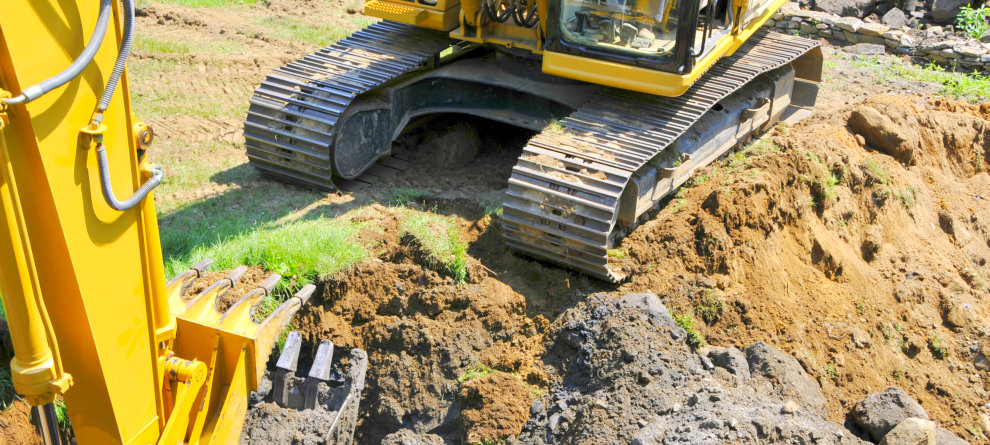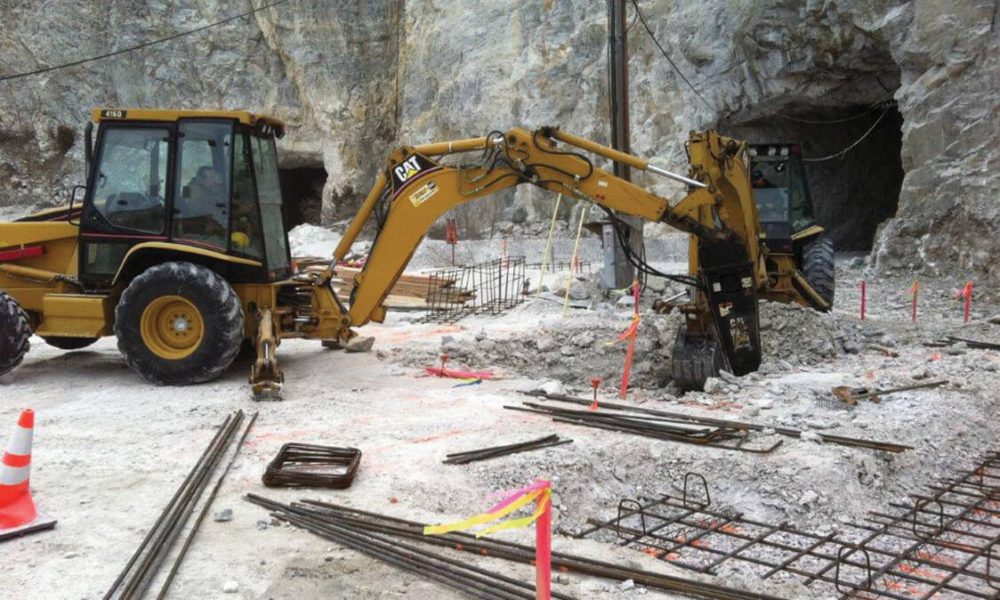Comprehensive Excavation Approaches: Understanding the Basics for Success
In the realm of building and construction and civil engineering, the relevance of reliable excavation techniques can not be overemphasized. The mindful planning, precise implementation, and meticulous interest to information called for in excavation projects demand a thorough method that incorporates numerous fundamental facets. From initial soil evaluation to the execution of precaution and normal progression tracking, mastering these core aspects is crucial for accomplishing success in any excavation undertaking. Nonetheless, truth proficiency exists not just in understanding these fundamentals but in perfectly integrating them to navigate the complexities of excavation jobs with skill.
Understanding Excavation Job Planning

The initial stage of any kind of excavation task is the planning phase, where crucial decisions are made that can considerably affect the result of the project. Understanding the project range, timeline, and spending plan constraints is important for creating a comprehensive excavation strategy that makes certain the job's success.
One secret element of excavation task planning is the growth of an in-depth timeline that describes the series of activities, due dates, and milestones. This timeline functions as a roadmap for the job team, permitting them to track progress and make required modifications to make sure the project stays on routine. In addition, a well-defined budget that accounts for all expenditures, including tools rental, labor prices, and materials, is crucial for avoiding price overruns and hold-ups. By very carefully taking into consideration all these aspects during the planning stage, excavation jobs can be carried out effectively and properly, leading to effective outcomes.
Dirt Evaluation and Site Assessment
Performing comprehensive dirt evaluation and site examination is a vital action in the preparation stage of any type of excavation project. Dirt analysis entails identifying the composition, framework, and residential or commercial properties of the dirt at the excavation website. This information is critical for understanding the soil's bearing capacity, dampness material, and potential for erosion, which are key variables in identifying the excavation approaches and equipment required for the project.
Website examination goes beyond soil evaluation and encompasses a wider assessment of the total site conditions. This analysis consists of recognizing any kind of potential dangers, such as below ground energies, ecological problems, or unsteady surface, that can influence the excavation procedure. By extensively assessing the site, job managers can develop reliable excavation approaches that prioritize safety, efficiency, and environmental security.
Utilizing sophisticated modern technologies like ground-penetrating radar, dirt tasting, and drone surveys can improve the precision and effectiveness of soil analysis and site evaluation. Spending time and sources in these preliminary actions can inevitably conserve time and avoid costly hold-ups or difficulties throughout the excavation process.
Equipment Selection and Utilization
Efficient excavation projects count greatly on calculated devices option and usage to guarantee ideal performance and productivity. Selecting the right equipment for the job is crucial in making the most of effectiveness and lessening downtime. Variables such as the kind of soil, depth of excavation, and project range play a substantial role in establishing the most ideal equipment for the job handy.

Along with selecting the ideal equipment, proper utilization is essential to job success. Operators needs to be educated to manage the devices securely and effectively - lancaster excavation. Regular maintenance checks and timely repair work aid protect against breakdowns and make sure consistent performance throughout the project
Precaution and Laws Conformity
In the realm of excavation projects, prioritizing safety and security measures and conformity with policies is extremely important to making certain a legally audio and protected operational atmosphere. Precaution incorporate an array of practices, including conducting thorough site assessments, implementing correct signs and barriers, and providing ample safety training for all employees associated with the excavation procedure. Adherence to guidelines, such as OSHA demands in the United States, makes certain that the excavation task satisfies the necessary criteria to shield employees, spectators, and the surrounding environment.

Tracking Progression and Adjusting Techniques
How can predict managers successfully track the innovation of excavation jobs and adjust their methods accordingly to optimize end results? Monitoring progress is important for making certain that excavation jobs remain on track and satisfy deadlines.

Conclusion
Finally, mastering the fundamentals of thorough excavation methods is crucial for the success of any kind of job. By comprehending project preparation, assessing dirt and site conditions, selecting appropriate tools, complying with security guidelines, and monitoring progression, job managers can make sure a smooth and reliable excavation check my reference process. Executing these strategies will certainly bring about effective end results and decrease prospective dangers or setbacks throughout the excavation task.
The preliminary phase of any kind of excavation job is the planning phase, where crucial choices are made that can substantially impact the end result of the job. Recognizing the job scope, spending plan, and timeline restrictions is essential for developing a comprehensive excavation plan that makes sure the project's success.
Exactly how can forecast supervisors effectively track the improvement of excavation tasks and adjust their techniques appropriately to enhance end results? By very closely keeping an eye on progression and being willing to adapt methods, project supervisors can improve the general success of excavation projects.
By understanding task planning, assessing soil and website problems, choosing appropriate equipment, conforming with safety and security regulations, and keeping an eye on progression, task supervisors can ensure a effective and my latest blog post smooth excavation process.